
10 Web Development Tools : Every Developer Should Know!
Staying ahead of the curve in the quickly expanding field of web development is critical for every aspiring developer. With new web development tools and frameworks continuously developing, navigating the broad ecosystem of tools available may be intimidating. However, there are several tried-and-true web development tools that have withstood the test of time and have become essential in any developer’s toolbox.
Having a solid foundation of vital tools is critical, whether you’re a seasoned expert or just starting out in web development. These technologies may boost your productivity, optimize your workflow, and enable you to design visually appealing online apps.
In this blog article, we will look at ten fundamental web development tools technologies that every developer should be familiar with. We’ll cover a wide range of technologies that are essential for designing contemporary, responsive, and efficient websites, from coding editors to version control systems, testing frameworks, and performance optimization tools.
Staying up-to-date with important tools is critical for developers to construct contemporary, flexible, and efficient websites in the ever-changing area of web development. This blog article discusses ten essential web development tools that every developer should be familiar with.
This thorough overview will highlight the features, advantages, and functions of each tool, allowing you to improve your productivity and create remarkable online applications. From code editors to version control systems, testing frameworks to performance optimization tools, this complete review will highlight the characteristics, benefits, and capabilities of each tool, empowering you to improve your productivity and create impressive web applications.
1. Visual Studio Code : Best IDE Tool
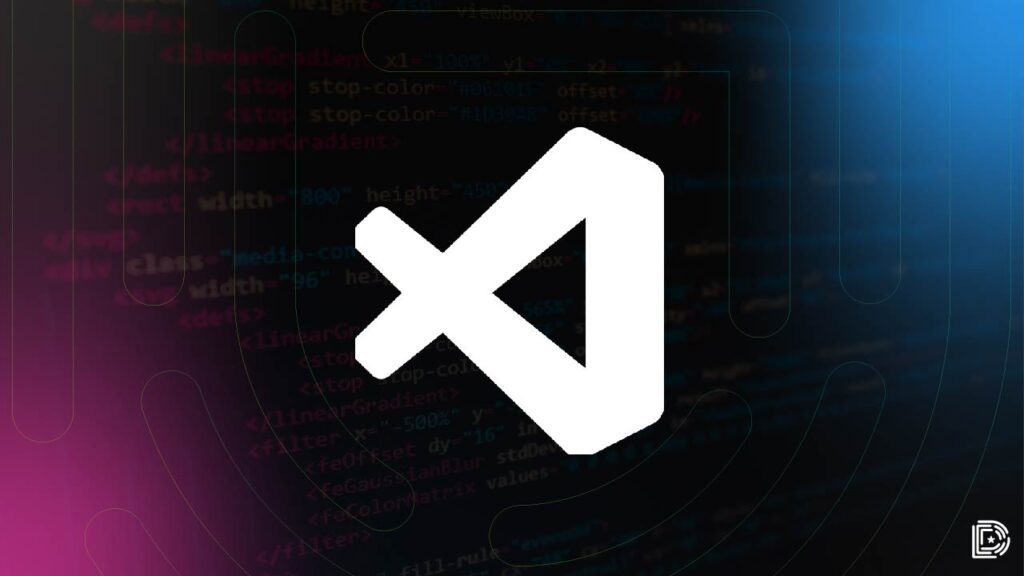
Microsoft’s Visual Studio Code, sometimes known as VS Code, is a lightweight and extremely expandable code editor. It supports several programming languages and includes features like intelligent code completion, syntax highlighting, debugging, and version control integration. Its customizable interface and extensive number of extensions make it a developer favorite, allowing users to personalize the editor to their individual needs.
Benefits:
- A straightforward user interface and simple interaction with other programs.
- A vast ecosystem of extensions and widespread community support
- Strong debugging capabilities for quick troubleshooting.
2. Git : Best DevOps tool
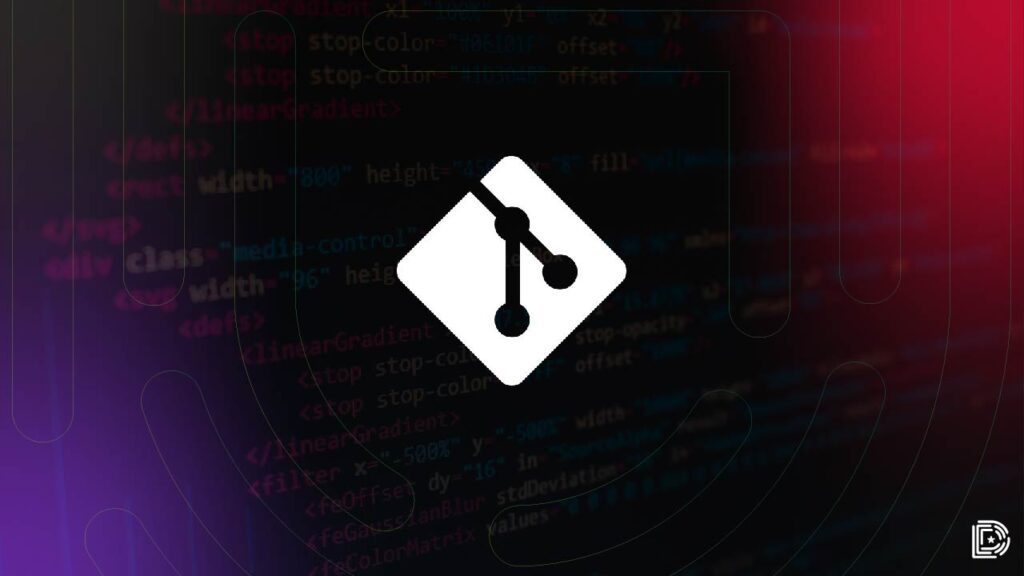
Git is a version control system that allows developers to track changes to their software. It offers a solid framework for collaborative development, allowing numerous developers to work on the same project at the same time. Developers may use Git to build branches, merge code changes, and quickly revert to earlier versions. It preserves code integrity and promotes effective cooperation.
Benefits:
- It facilitates cooperation and version control.
- Allows for easier code branching and merging.
- Gives code repositories a dependable backup method.
3. Chrome : Best Profiling Tool
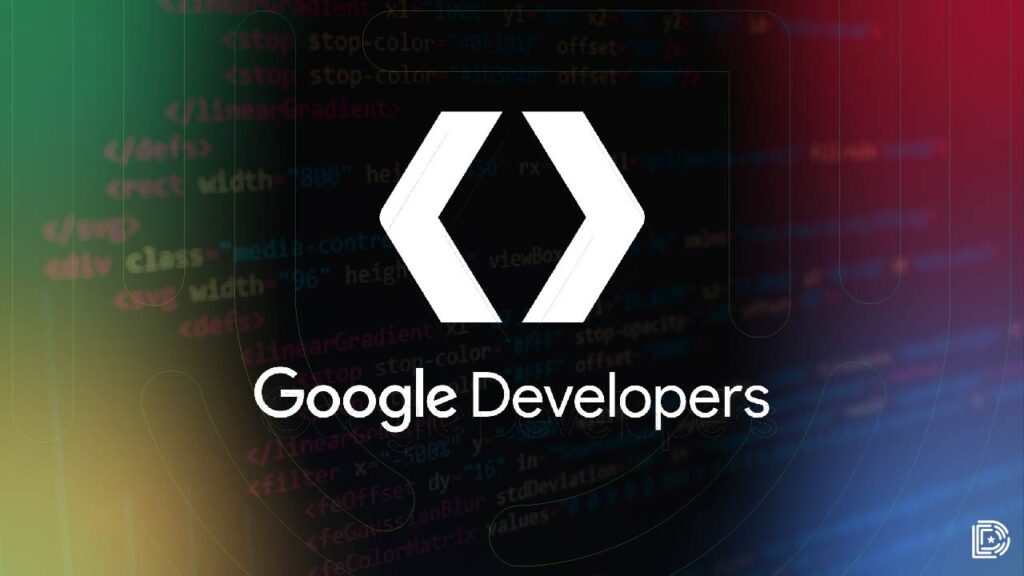
Chrome Developer Tools is a collection of debugging and profiling tools included with the Google Chrome browser. It enables developers to study and alter web page structure and behavior in real time. It assists in discovering and correcting errors, optimizing performance, and improving the user experience using tools such as DOM inspection, network monitoring, and JavaScript debugging.
Benefits:
- Allows for real-time web page debugging and profiling.
- It provides information about network performance and resource utilization.
- It emulates mobile devices for responsive design testing.
4. Bootstrap : Best CSS Framework Tool
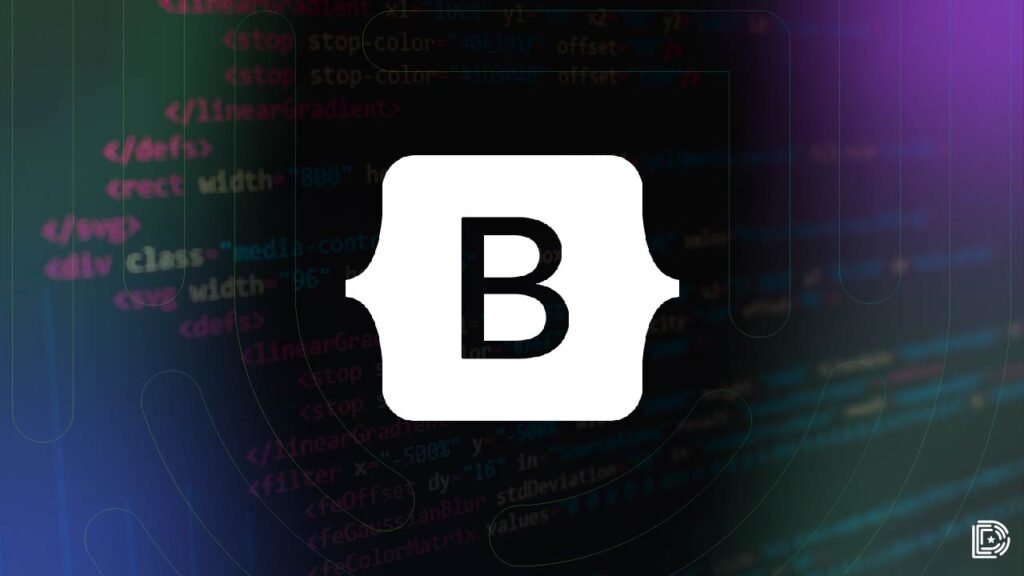
Bootstrap is a famous open-source CSS framework that makes it easier to create responsive and mobile-first websites. It offers a library of pre-designed components, including buttons, forms, navigation bars, and grids, that can be simply customized and incorporated into web applications. Developers may save time and effort in front-end development by using Bootstrap to create visually appealing and consistent user interfaces.
Benefits:
- Provides a diverse set of responsive components and utilities.
- Design a system that is consistent and visually attractive.
- With ready-to-use templates, it speeds up the development process.
Also read these:
- The 6 Most Important Programming Languages for AI Development
- 10 Proven Ways for Winning Upwork Proposal: Stand Out in the Crowd!
5. jQuery : Best Manipulating Tool
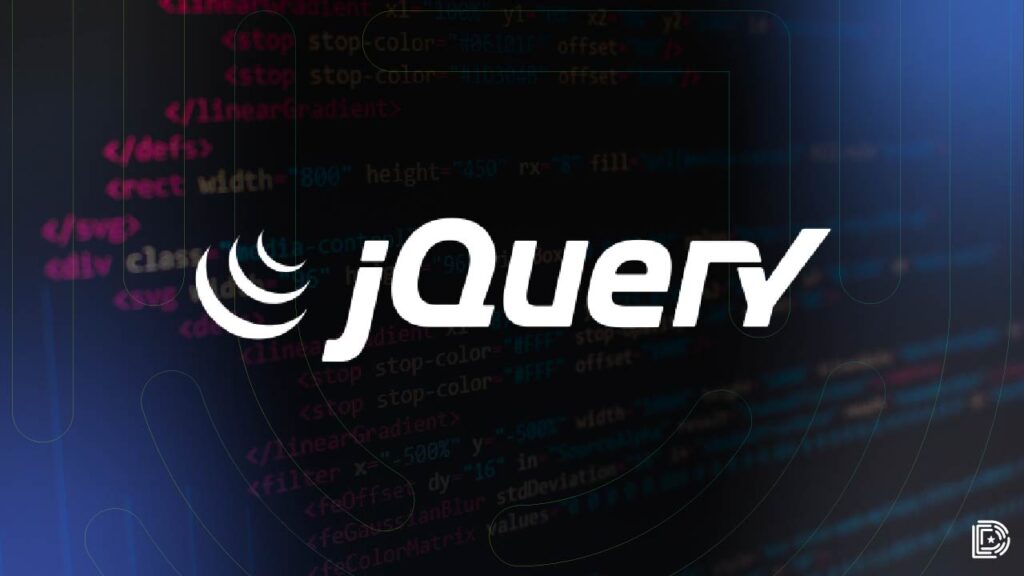
jQuery is a JavaScript library that facilitates HTML page manipulation, event management, and animation. It has a compact and efficient syntax that makes writing interactive and dynamic web pages easier. The huge jQuery plugin ecosystem expands its capabilities even further, allowing developers to include complex functionality into their applications with minimum coding.
Benefits:
- The complexity of DOM navigation and manipulation is reduced.
- A thorough collection of event handling mechanisms is provided.
- Provides cross-browser compatibility and consistency.
6. React : Best User Interface Tool

Facebook created React, a powerful JavaScript toolkit for creating user interfaces. It has a component-based design, which allows developers to construct reusable UI components that update and render changes quickly. React’s virtual DOM approach optimizes speed by updating just the components that are required, resulting in quicker rendering and a better user experience.
Benefits:
- Encourages the development of reusable and modular user interface components.
- With its efficient virtual DOM, it improves speed.
- Provides a vibrant ecosystem of libraries and community support.
7. Postman : Best API Stability Tool
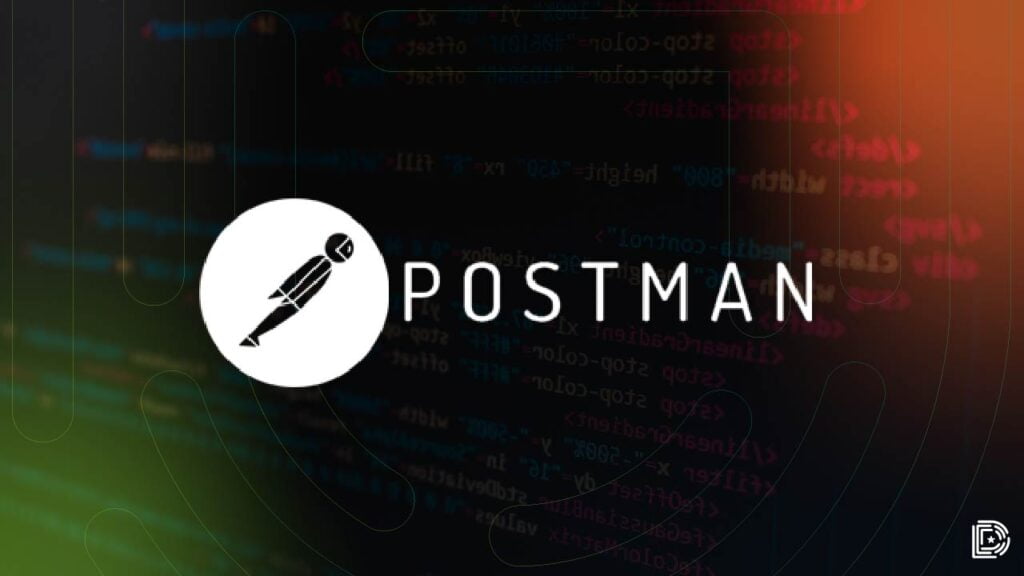
Postman is a popular API development and testing tool that makes dealing with APIs easier. It has an easy-to-use interface for sending HTTP queries, reviewing results, and testing API endpoints. Postman improves the development workflow and maintains API stability with features such as request history, response mocking, and automated testing.
Benefits:
- API testing and debugging are made easier.
- API documentation and sharing may be done collaboratively.
- Scripts and collections make automated testing easier.
8. ESLint : Best Detection Problem Tool
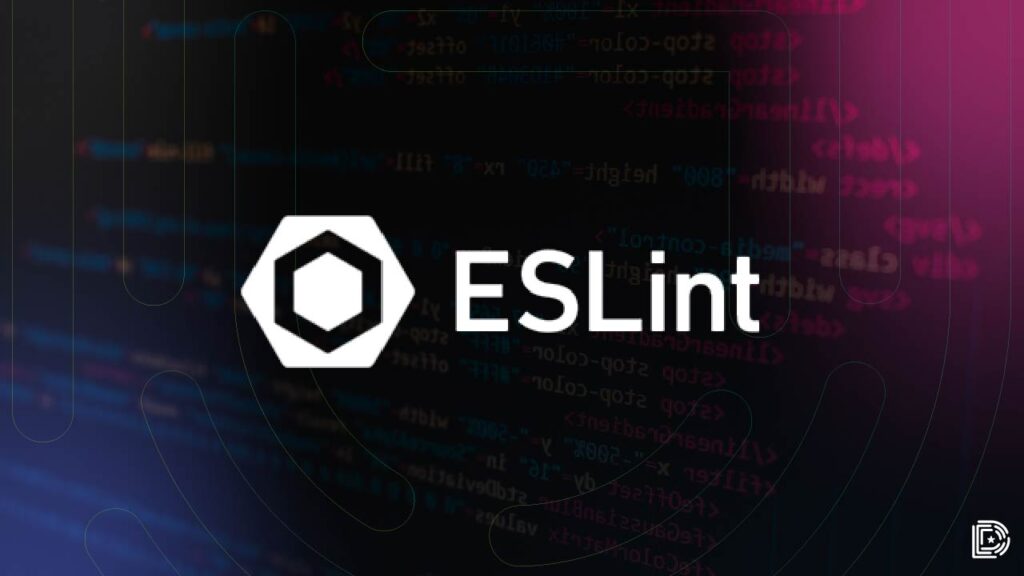
ESLint is a pluggable and adaptable JavaScript linter that assists developers in maintaining code quality and adhering to coding standards. It checks code for defects, enforces best practices, and detects code smells. ESLint may be incorporated into code editors or build pipelines, allowing developers to discover problems early on and enforce uniform coding rules.
Benefits:
- It identifies possible problems and ensures that coding standards are followed.
- Rules and setups are fully adjustable.
- Integrates with code editors and builds systems smoothly.
9. Webpack : Best Optimizer Tool
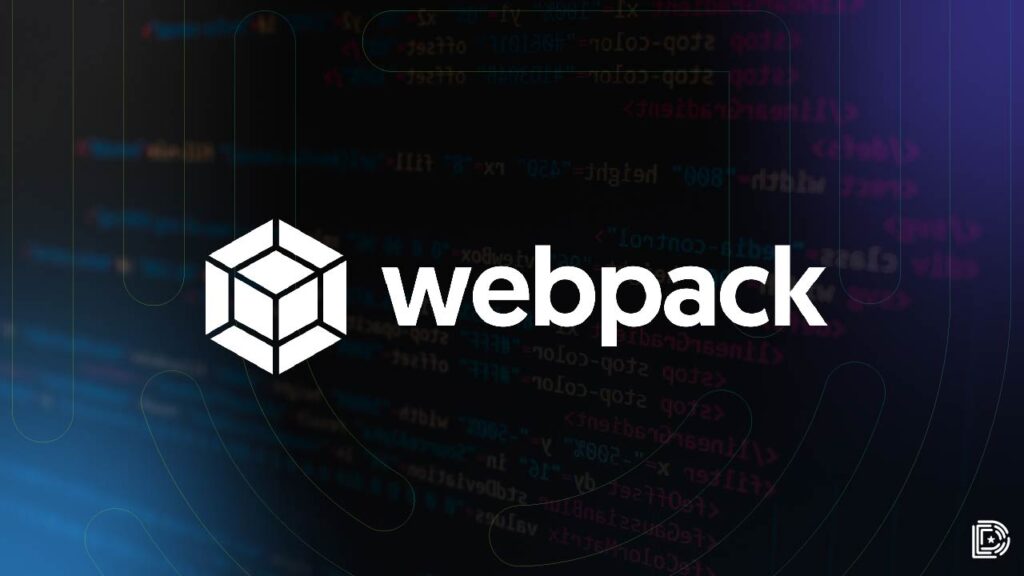
Webpack is a popular web development tool and module bundler. It bundles and optimizes JavaScript, CSS, and other components, resulting in quicker page loading and better performance. Webpack’s modular architecture and code splitting capabilities enable efficient dependency management, making it a crucial tool for current web development processes.
Benefits:
- Assets are bundled and optimized for quicker loading.
- For improved speed, code splitting and lazy loading are supported.
- Provides a robust plugin ecosystem and customization possibilities.
10. Selenium : Enables to Write Strong Scripts

Selenium is an open-source web application testing framework. It automates browser interactions and activities, enabling developers to write strong and dependable test scripts. Selenium supports a variety of programming languages and offers a variety of APIs and tools for testing web applications across numerous browsers and platforms.
Benefits:
- Browser testing and interaction are automated.
- Multiple programming languages and frameworks are supported.
- Cross-browser and cross-platform testing are made easier.
The final verdict:
In the fast-expanding world of web development, developers must have a solid foundation of vital technologies. The ten technologies covered in this blog article have been shown to be essential for creating contemporary, flexible, and efficient websites.
Each tool in the web development process serves a distinct role, from code editors like Visual Studio Code and version control systems like Git to testing frameworks like Selenium and performance optimization tools like Webpack. They enable developers to improve productivity, optimize their workflow, and generate high-quality web apps.
These tools provide a variety of features and benefits that address various parts of web development. Whether it’s Visual Studio Code’s intelligent code completion and debugging skills, Git’s collaborative version control features, or Selenium’s automated testing capabilities, each tool is analytical to the success of a web development project.
FAQs
1. What are web development tools, and why are they important?
Web development tools are software or utilities that assist developers in creating, testing, and maintaining websites and web applications. They are crucial for streamlining the development process, improving productivity, and ensuring the quality of the final product.
2. What is Visual Studio Code, and why is it popular among developers?
Visual Studio Code, often referred to as VS Code, is a lightweight, highly extensible code editor. It’s popular due to its support for multiple programming languages, intelligent code completion, debugging features, and a vast library of extensions, making it adaptable to individual developer needs.
3. Why is Git essential for version control in web development?
Git is vital for version control as it allows developers to track changes, collaborate on projects, manage code branches, and ensure the integrity of the codebase. It helps prevent code conflicts, simplifies merging, and offers a reliable backup solution.
4. How do Chrome Developer Tools help in web development?
Chrome Developer Tools provide a set of debugging and profiling tools within the Google Chrome browser. They allow developers to inspect and modify web page elements in real-time, debug JavaScript, and optimize performance. These tools are valuable for enhancing the user experience and identifying and fixing errors.
5. What advantages does Bootstrap offer for web development?
Bootstrap is an open-source CSS framework known for its pre-designed components that simplify responsive and mobile-first web development. It provides a consistent and visually appealing design system, which can save time and effort in front-end development.
These FAQs can help readers better understand the importance and utility of the web development tools discussed in the article.


